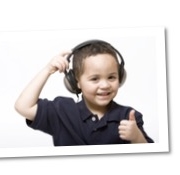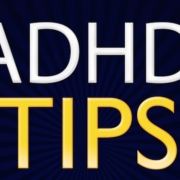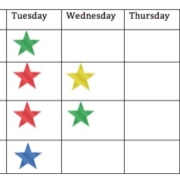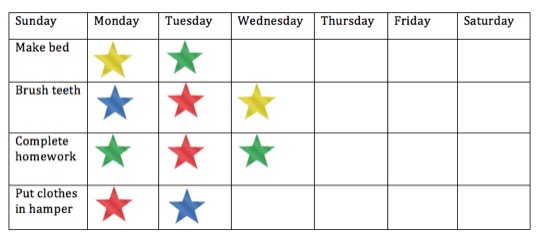Movement May Improve Performance in Children with ADHD
A 2015 study of 52 boys between 8 to 12 years of age found that moving in the form of spinning or rolling in a chair, fidgeting, getting out of a chair, among other physical movements may actually increase the performance level of children with ADHD. Over the course of 4 weeks, these boys, some diagnosed with ADHD and some without ADHD, completed a series of memory tasks in a classroom-like setting. Their levels of movement were carefully observed, as were their levels of attention to the task.
As expected, the boys with ADHD showed more movement behaviors and fewer attentive behaviors than the boys without ADHD. Interestingly, higher levels of movement experienced by boys with ADHD were positively associated with higher scores on the memory tasks. In other words, the more that boys with ADHD moved and fidgeted, the higher their scores were.
It may seem counterintuitive that more movement could possibly cause ADHD children to earn higher scores. However, according to research, it actually makes sense. Children with ADHD have decreased activity in the frontal and prefrontal cortexes in the brain. Since physical movement increases cortical arousal, the extra movement may create the brain activity that these children normally lack. So, the movement that increases cortical arousal may cause children with ADHD to perform better than they would without moving.
Contact Dr. Gordon for help with your ADHD. We have treatment and solutions available online, by phone, and in our offices.
written by: Brianna Malinowski, Jay Gordon, Ph.D
Sarver, D. E., Rapport, M. D., Kofler, M. J., Raiker, J. S., & Friedman, L. M. (2015). Hyperactivity in attention-deficit/hyperactivity disorder (ADHD): Impairing deficit or compensatory behavior? Journal of Abnormal Child Psychology. doi:10.1007/s10802-015-0011-1





